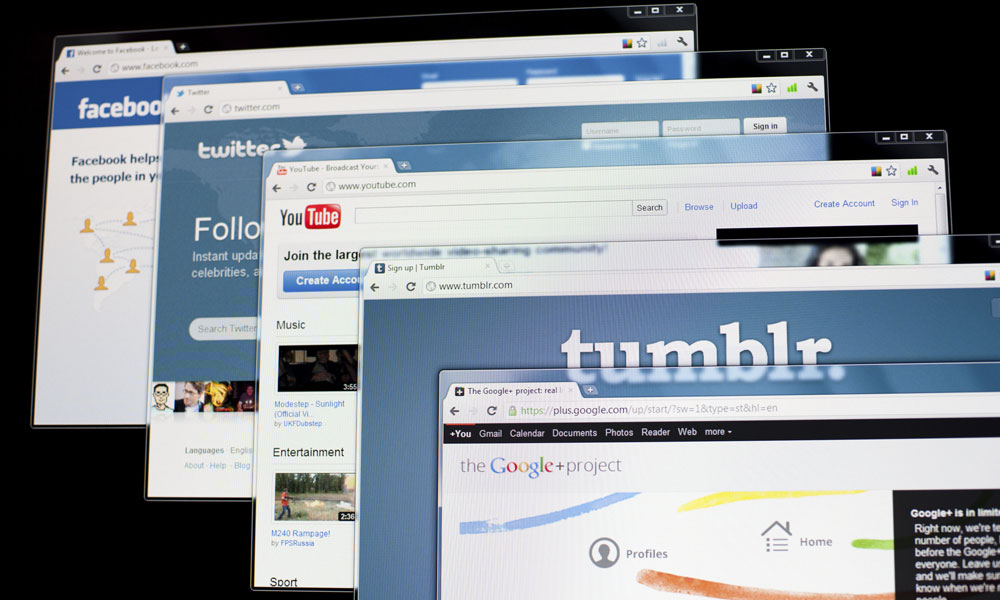
Wednesday Buzz: You Need Fewer Tabs in Your Life
Why a one-tab strategy might be worth considering for your web-browsing habits. Also: MMCC attendees reflect on the conference in their own words.
I currently have 20 tabs open—a few for email, a few for articles, one for analytics, one for social media, and one for whatever I’m reading on Clickhole at the moment.
But The Muse‘s Erin Greenawald has a modest proposal: Close all your other tabs. Just leave this one open.
“[W]hile you can argue that tabs save you time (I don’t have to re-open my Gmail every time I need to check something!) or that they’re a way to keep you from getting distracted (I’m just saving that article for later!),” she writes, “I think, deep down, we all know the truth: Tabs really feed our propensity to multitask—and drain our ability to focus on our work.”
If you have a few, uh, excuses for leaving other tabs open, she has some tips on how to get even more minimalist.
But if you’re like me, and you insist on keeping all those tabs open, I have a Chrome extension to recommend: Tab Wrangler. All it does is automatically close the tabs you haven’t looked at over a preset period. For me, if I haven’t touched it in 20 minutes, clearly it’s not important enough to keep around. Bam.
Reflecting on a Great Conference
We’ve touched on ASAE’s 2014 Marketing, Membership, and Communications Conference (MMCC) a bunch in the past week, but sometimes it helps to hear directly from the attendees, and in their words. Check out the clip above highlighting attendee reactions from the conference, and be sure to take a gander at the post-conference wrap-up.
Other good Reads
A bad URL could sink your nonprofit marketing efforts before they’ve even started. Read some tips on choosing a domain name from Network for Good’s Caryn Stein.
“Don’t be afraid to be the dumbest person in the room.” Over at 99u, Lauren Bacon offers up this wonderfully simple negotiation tactic—along with several others.
Marketing to millennials? You might want to learn another language. CMS Wire highlights a new study suggesting that many people ages 18 to 36 would prefer to receive marketing in their native language. That isn’t always English, even if they’re in an English-speaking country.
Last week, we touched on a controversy involving YouTube and a number of independent labels over a contract that trade groups said was unfair. On Tuesday, someone posted the contract online.
(iStock Editorial/Thinkstock)






Comments